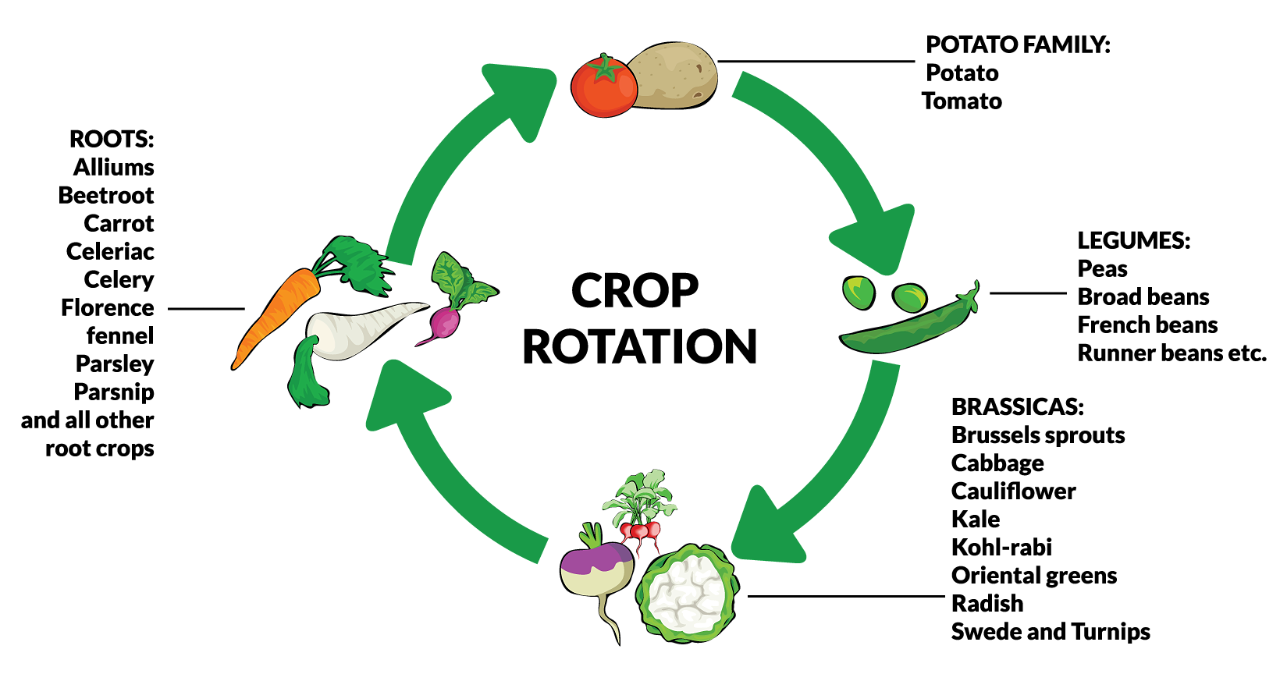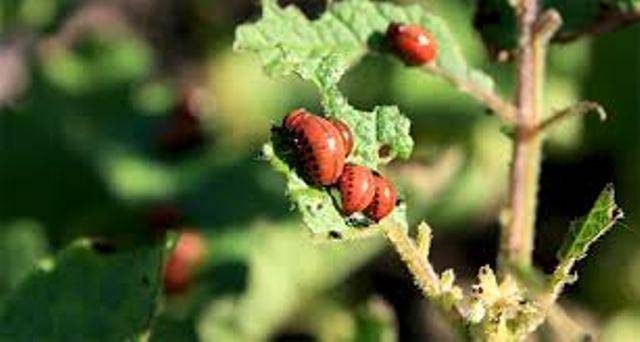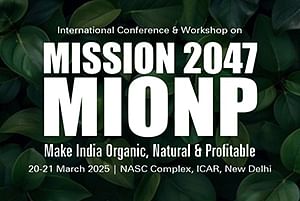
Wendell Erdman Berry, an American environmentalist and poet has quoted it so beautifully, “A Sustainable Agriculture is one which depletes neither the people, nor the land.”
Quite literally, Sustainability is the process of maintaining change in a balanced environment, in which the exploitation of resources, the direction of investments, the orientation of technological development and institutional change are all in harmony and enhance both current and future potential to meet human needs and aspirations.

3 P’s - People, Profits, and Planet must be the central idea when deciding the Practices of Agriculture. A few sustainable farming practices that have been tried and tested and should be used are:
Crop Rotation
Monoculture i.e. growing one crop leads to decreased productivity and lower soil quality. Planning a variety of crops has a lot of benefits like enhanced soil quality and improved pest control. In crop rotation, different crops are planted in different locations at different time of the year, in a way that the succeeding crop helps in replenishing the nutrients the previous took from the soil. Commonly, grain crops are planted after legumes for the same reason. Also, diseases are crop-specific, so changing the crop site helps in eradication of the disease.
Cover crops like clover are planted at off season times. These crops help in erosion, put a check on weeds, replenish the nutrients and reduce the need for herbicides.
Crop Diversity
Crop diversity on the field helps in nutrient management of the soil. One polyculture technique is to adopt mixed cropping, i.e. grow multiple crops on the same land in the same growing season.
Since it isn’t commercially viable to plant different plants/crops on small scale, different varieties of the same crops, yielding substantial differences can be planted in order to ensure diversity.
Managed Grazing, Integrated Livestock
Smart integration of livestock and crops can prove to be profitable. While cattle can get rich plant nutrients, it can provide the crops with manures, or organic nutrient boosters. Just like crop rotation technique, grazing livestock on different pastures is beneficial as the animals are less prone to diseases particular to a land or grass type when grazing lands are periodically changed. It also reduces erosion by reduction in footfall of cattle on same soil.

Integrated Pest Management: Predator-Prey Methods
Natural predator-prey relationships to control pests can lead in reduction of use of chemicals in form of pesticides and can also bring down costs. The farmer can release beneficial insects like ladybugs and lacewings onto their crop in order to control pests. Alternatively, the edges of fields can be planted with flowers that will attract insects and keep them away from the crops.
Different trees and plants can be planted that attract large no. of pests and birds among other creatures; these small animals can predate on the ones destroying crops.

Using Alternative Sources of Energy
The sustainable practices involve using alternative modes of energy as against the traditional/conventional energy sources. There should be use of solar energy for synthesizing electricity, should be use of biodiesel manufactured from cotton seed oil replacing the fossil fuels and use of wind energy to rotate turbines. Though the cost of investment seems high in such methods, the return on investment is worth the deal.
Selling Organic, Selling Local
Organic and local produce should be encouraged. It brings down the cost of transport, reduces risk of spoiled crops and allows fresh produce to reach the customers, ensuring higher satisfaction on the farmer’s as well as the consumer’s end.
Benefits of Sustainable Agriculture
Needless to mention, smart and sustainable ways of production are a win-win situation, farmers are happy, consumers are happy and Mother Nature smiles her best seeing it. However, the noted advantages of sustainable farming are –Environment preservation, economic profitability, efficient use of resources, and protection of public health.
Sustainable farming is the future, indeed, there shall be future only if sustainable farming is practiced.
















